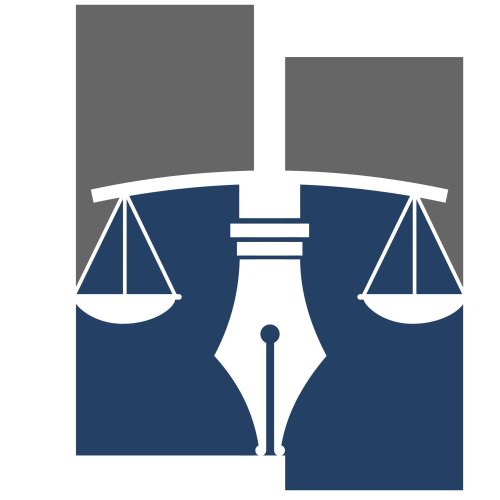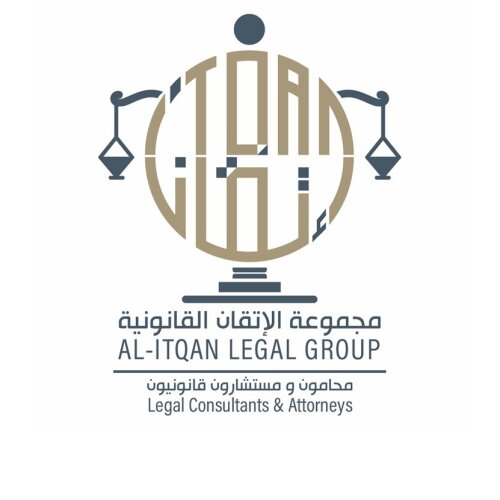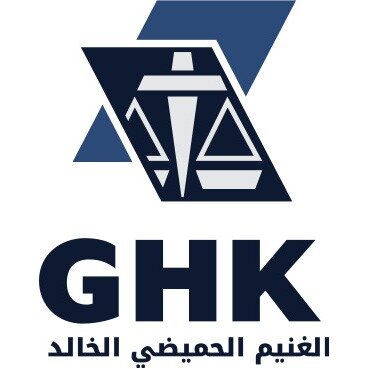Best Energy Regulatory Law Lawyers in Kuwait
Share your needs with us, get contacted by law firms.
Free. Takes 2 min.
Or refine your search by selecting a city:
List of the best lawyers in Kuwait
About Energy Regulatory Law in Kuwait
Energy Regulatory Law in Kuwait governs the production, distribution, consumption, and regulation of various energy sources, especially oil, gas, and electricity. Given Kuwait's position as one of the leading oil exporters in the world, its legal landscape is uniquely shaped by the country’s energy sector. These laws oversee both domestic policies and international agreements, ensuring compliance with local and global standards, environmental regulations, and investment protocols. The oversight is primarily carried out by government ministries and regulatory bodies that set out terms for licensing, development, trade, and dispute resolution in energy-related matters.
Why You May Need a Lawyer
Several situations may require legal expertise in the field of Energy Regulatory Law in Kuwait. Common situations include:
- Negotiating and drafting contracts for the exploration, production, or sale of energy resources.
- Securing licenses and approvals for energy projects, such as oil exploration or renewable energy ventures.
- Understanding compliance requirements for environmental and safety regulations.
- Resolving disputes in the energy sector, including contractual disagreements or issues with governmental authorities.
- Managing cross-border energy transactions and ensuring adherence to international treaties or standards.
- Providing guidance for foreign investors or multinational companies seeking to enter Kuwait’s energy market.
Given the high value and strategic nature of energy projects in Kuwait, specialized legal advice is essential for risk mitigation and navigating the complex regulatory environment.
Local Laws Overview
Energy Regulatory Law in Kuwait is characterized by a combination of national legislation, governmental decrees, and regulations issued by various ministries, primarily the Ministry of Oil and the Ministry of Electricity, Water and Renewable Energy. Some key local aspects include:
- The State retains ownership of all natural resources, and private individuals or entities require official concession agreements or licenses to engage in exploration and production.
- Kuwait Oil Company (KOC) and its associated government bodies handle much of the management and oversight of oil and gas resources.
- Environmental regulations require strict compliance, particularly regarding oil spills, emissions, and site rehabilitation.
- Foreign investment in the energy sector is possible but is subject to regulatory approval and partnership agreements with Kuwaiti entities.
- Energy pricing, distribution, and import-export operations are regulated to align with national interests and economic plans.
Recent initiatives are also promoting projects in renewable energy, with specific regulations for solar and wind energy developments.
Frequently Asked Questions
What governmental bodies regulate the energy sector in Kuwait?
Key regulatory bodies include the Ministry of Oil, the Kuwait Petroleum Corporation, and the Ministry of Electricity, Water and Renewable Energy. These authorities set policies, issue licenses, and ensure compliance.
Can foreign companies invest in Kuwait’s energy sector?
Yes, but foreign investment is heavily regulated. Typically, foreign firms must enter into joint ventures or contractual partnerships with local entities and obtain proper governmental approvals.
Are there specific laws related to renewable energy in Kuwait?
Kuwait has introduced new regulations and incentive programs for renewable energy, focusing on solar and wind power, in alignment with its economic and sustainability goals.
What types of contracts are common in the energy sector?
Concession agreements, production sharing contracts, service contracts, supply agreements, and joint venture agreements are commonly used in Kuwait's energy sector.
How are environmental concerns addressed in energy projects?
There are strict environmental regulations for energy projects, requiring impact assessments, emission controls, and site rehabilitation. Non-compliance can result in substantial penalties.
What is the process for obtaining an energy-related license?
The process involves submitting an application to the relevant ministry, providing technical and financial documentation, and undergoing a regulatory review. Approval is at the discretion of governmental authorities.
How are disputes in the energy sector resolved?
Disputes may be settled through negotiation, local courts, or arbitration. Many contracts specify arbitration, sometimes with international arbitration centers involved.
Are energy tariffs regulated?
Yes, the government sets and controls tariffs for electricity, water, and some fuels to manage costs for businesses and consumers.
Can individuals own oil or gas reserves?
No. The ownership of all natural resources, including oil and gas, rests with the State of Kuwait. Individuals and companies require concessions or licenses to explore and exploit these resources.
Does Kuwait participate in international energy agreements?
Yes, Kuwait is a member of several international bodies, including OPEC, and is party to various bilateral and multilateral agreements regarding energy production, export, and environmental standards.
Additional Resources
If you need further information, the following resources may be helpful:
- Ministry of Oil - Responsible for policies, licensing, and oversight of petroleum resources.
- Kuwait Petroleum Corporation - The state-owned entity managing oil and gas operations.
- Ministry of Electricity, Water and Renewable Energy - Governs electricity supply and renewable energy initiatives.
- Kuwait Environment Public Authority - Provides information on environmental compliance and standards.
- Kuwait Direct Investment Promotion Authority (KDIPA) - Offers guidance and support for foreign investment in Kuwait, including the energy sector.
These organizations can provide foundational information, application details, and updates on regulatory changes.
Next Steps
If you require legal assistance in Energy Regulatory Law in Kuwait, here is what you can do next:
- Identify and consult with a law firm or attorney specializing in energy law and regulatory compliance in Kuwait.
- Gather all relevant documents related to your inquiry or project, such as contracts, correspondence, and financial details.
- Prepare a clear outline of your objectives and any specific questions you have about regulations, compliance, or transactions.
- Schedule an initial consultation to discuss your situation and evaluate your legal options.
- Work with your legal advisor to develop a compliance plan, address licensing requirements, or resolve any ongoing or potential disputes.
Expert legal counsel can help you navigate the regulatory framework efficiently, protect your business interests, and ensure full compliance with Kuwaiti laws.
Lawzana helps you find the best lawyers and law firms in Kuwait through a curated and pre-screened list of qualified legal professionals. Our platform offers rankings and detailed profiles of attorneys and law firms, allowing you to compare based on practice areas, including Energy Regulatory Law, experience, and client feedback.
Each profile includes a description of the firm's areas of practice, client reviews, team members and partners, year of establishment, spoken languages, office locations, contact information, social media presence, and any published articles or resources. Most firms on our platform speak English and are experienced in both local and international legal matters.
Get a quote from top-rated law firms in Kuwait — quickly, securely, and without unnecessary hassle.
Disclaimer:
The information provided on this page is for general informational purposes only and does not constitute legal advice. While we strive to ensure the accuracy and relevance of the content, legal information may change over time, and interpretations of the law can vary. You should always consult with a qualified legal professional for advice specific to your situation.
We disclaim all liability for actions taken or not taken based on the content of this page. If you believe any information is incorrect or outdated, please contact us, and we will review and update it where appropriate.
Browse energy regulatory law law firms by city in Kuwait
Refine your search by selecting a city.















